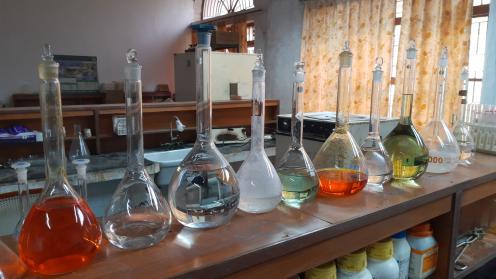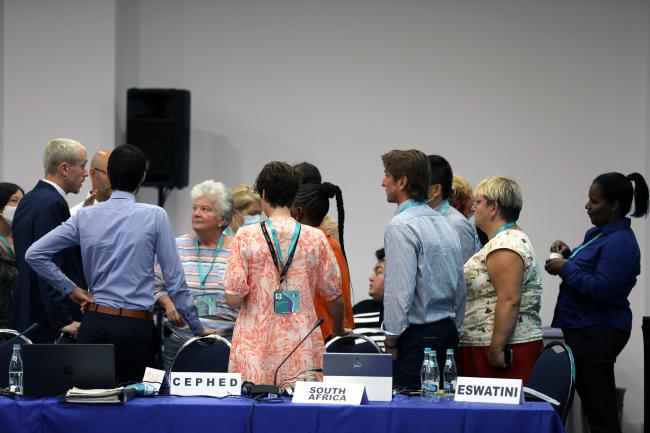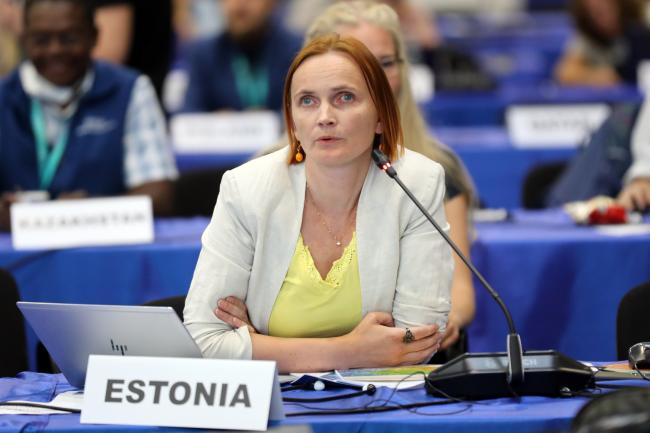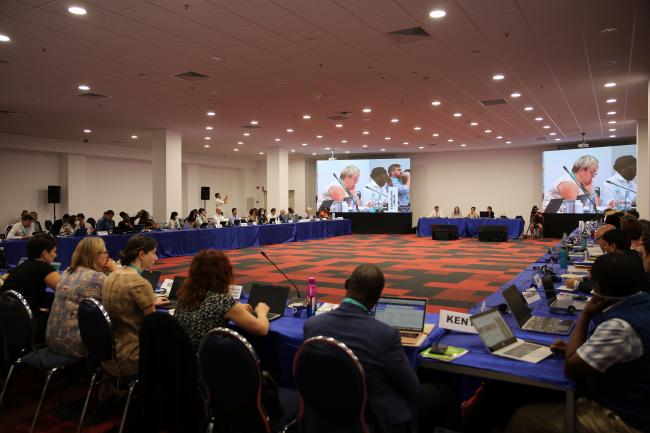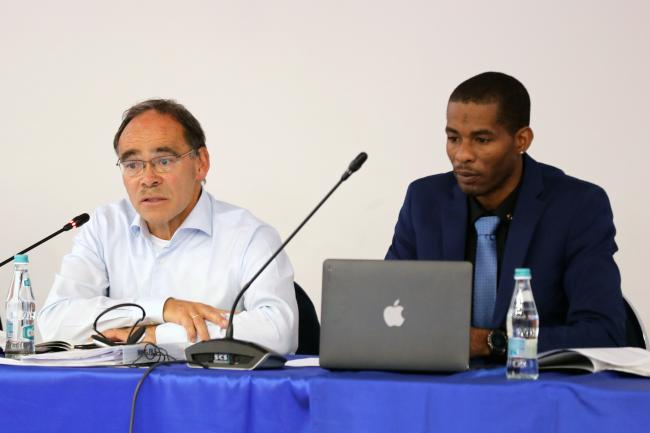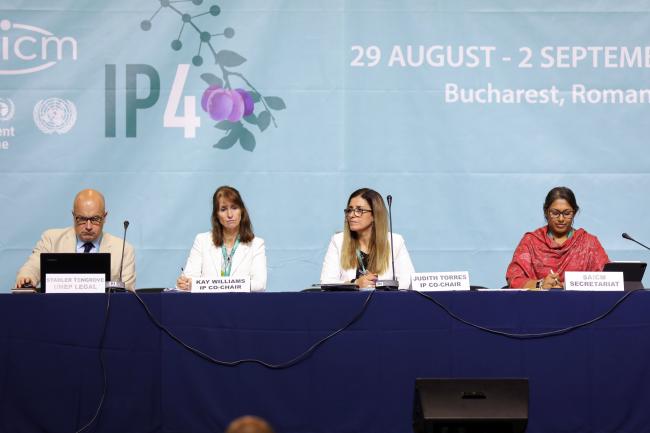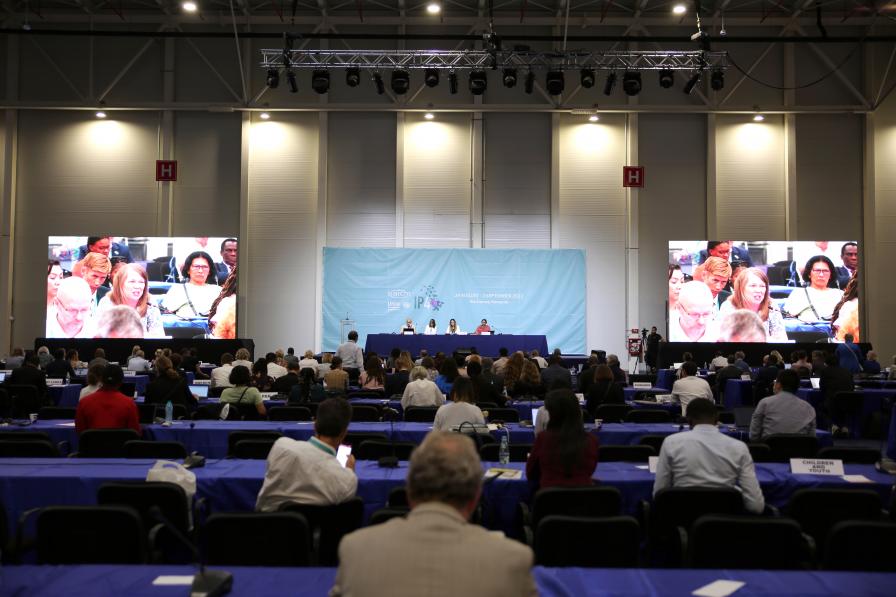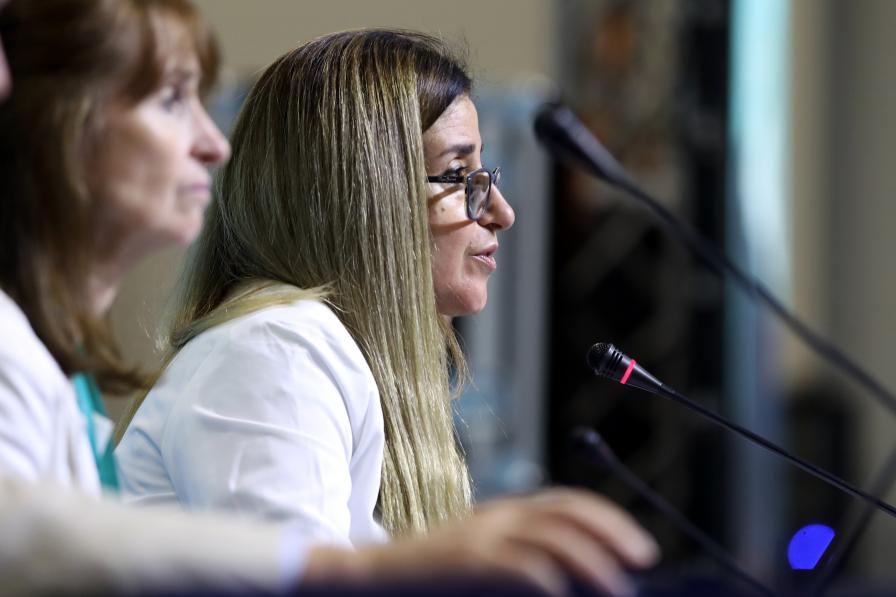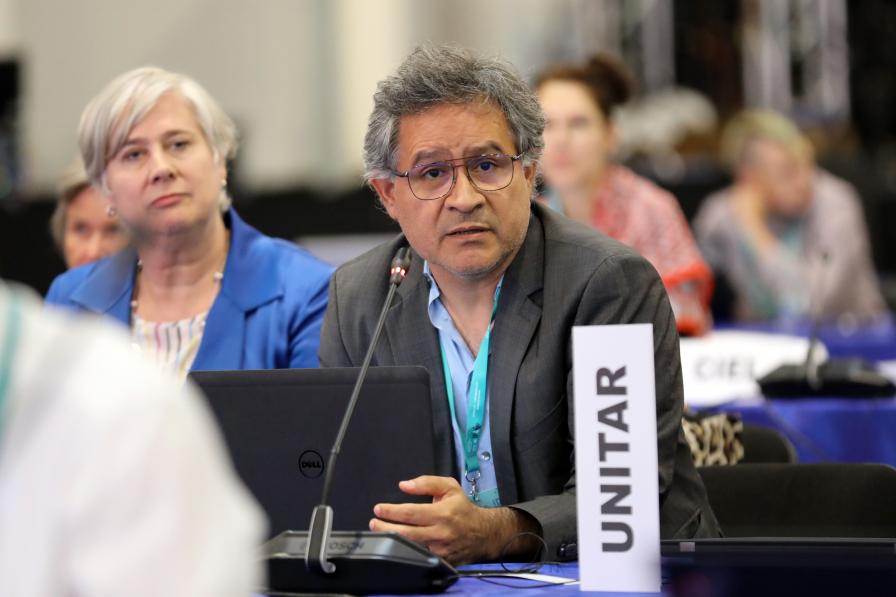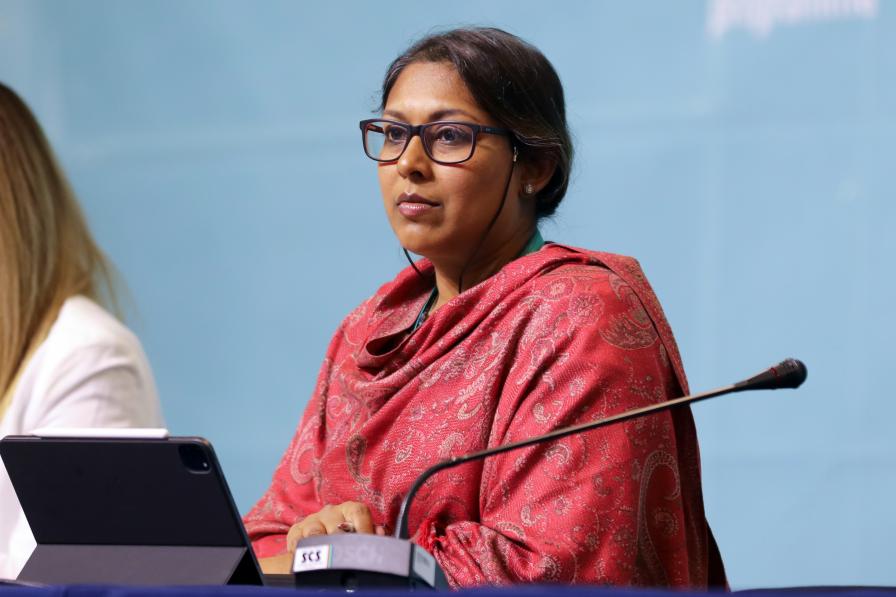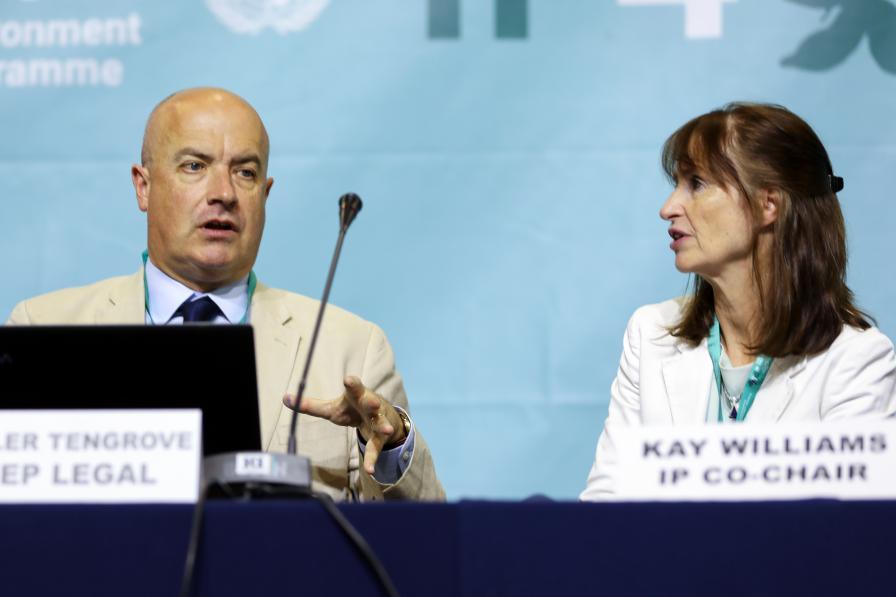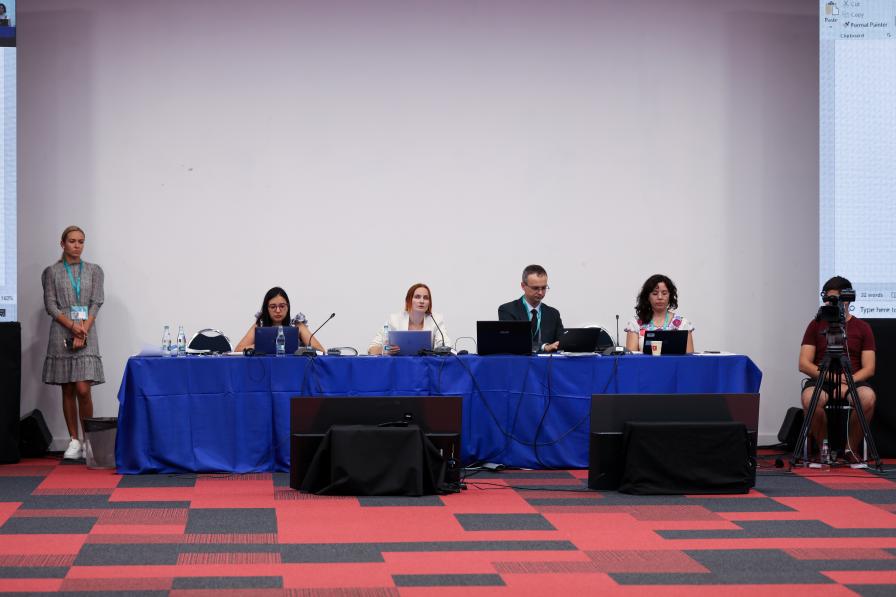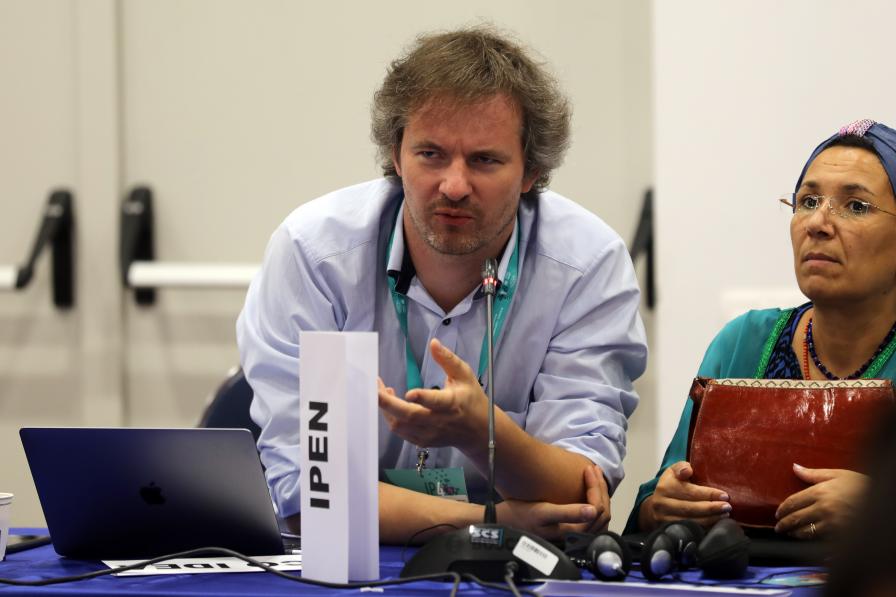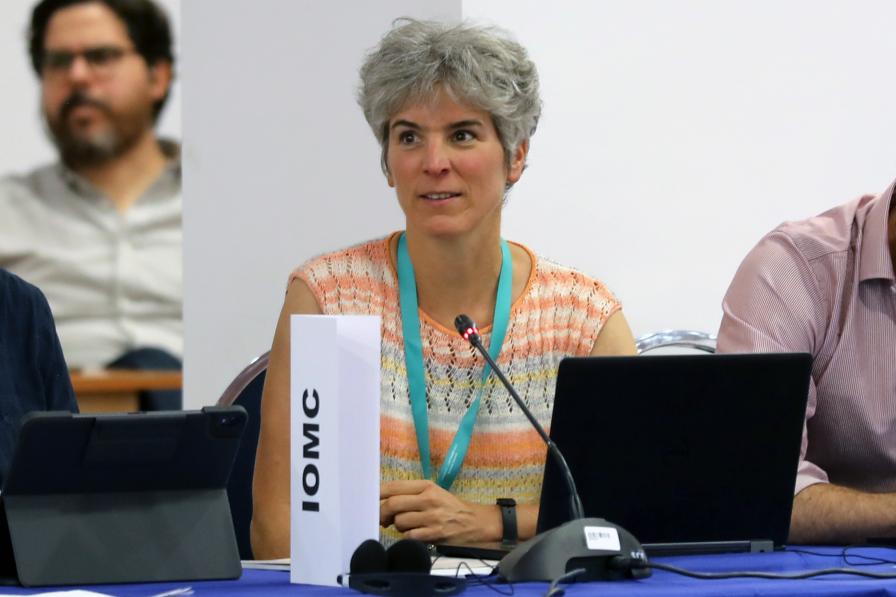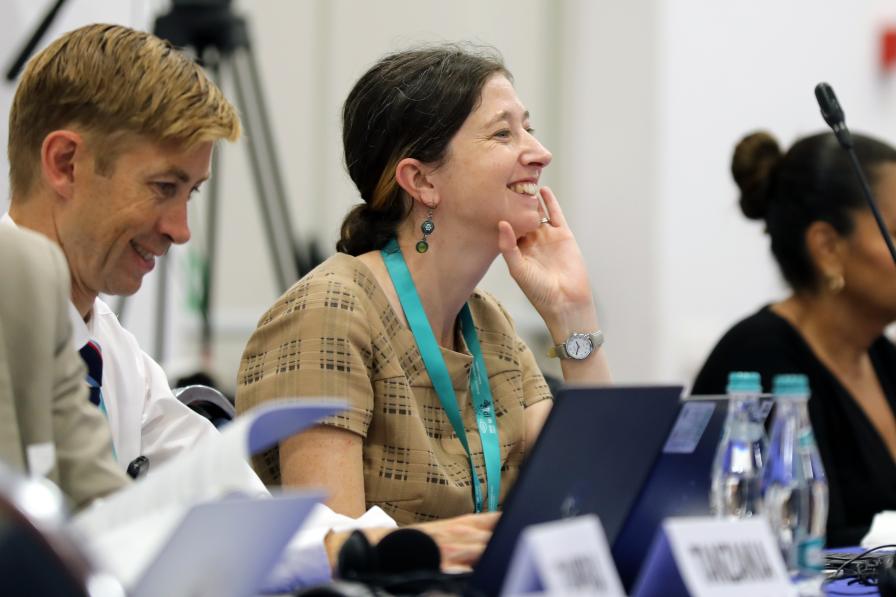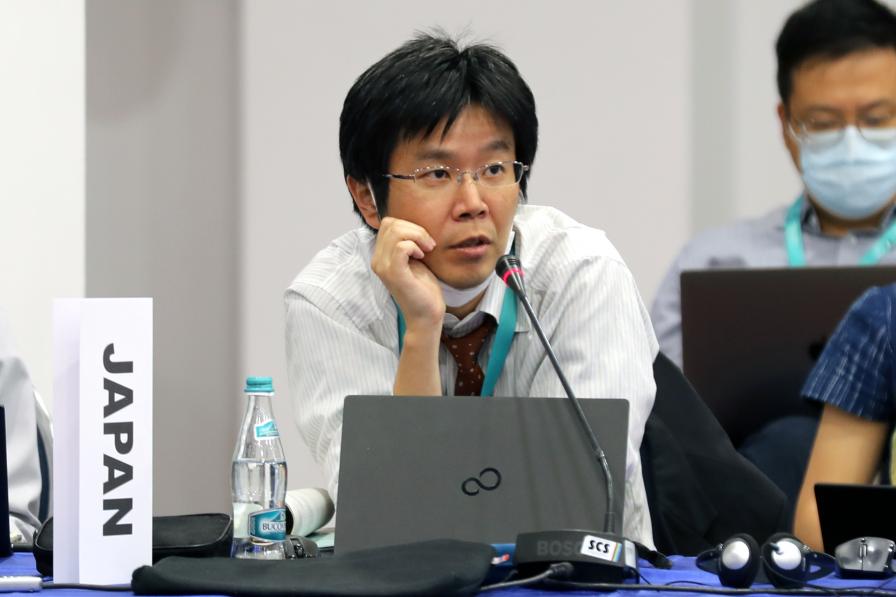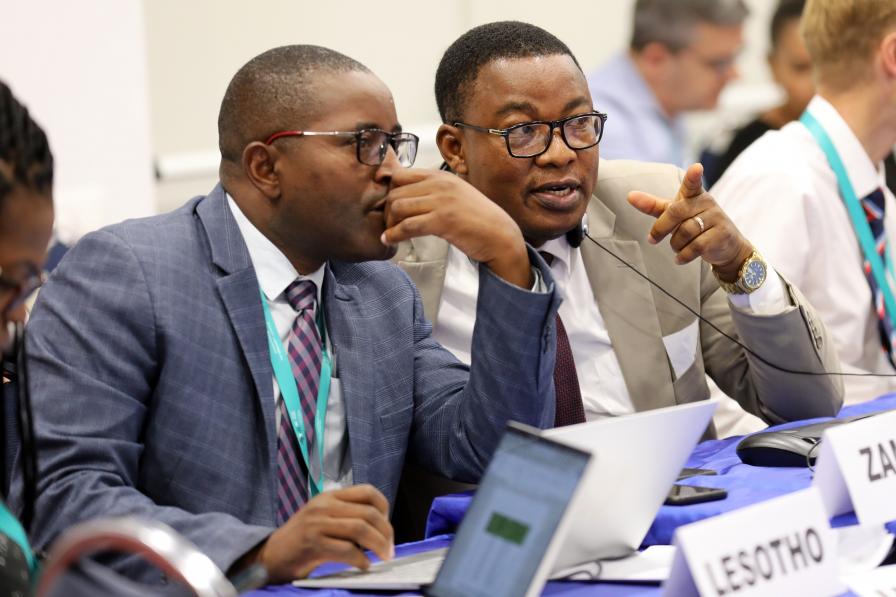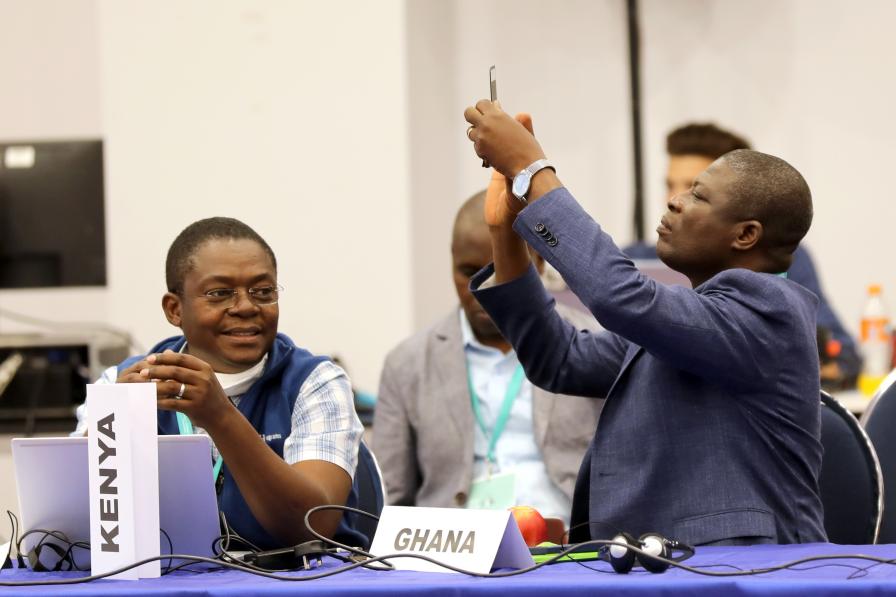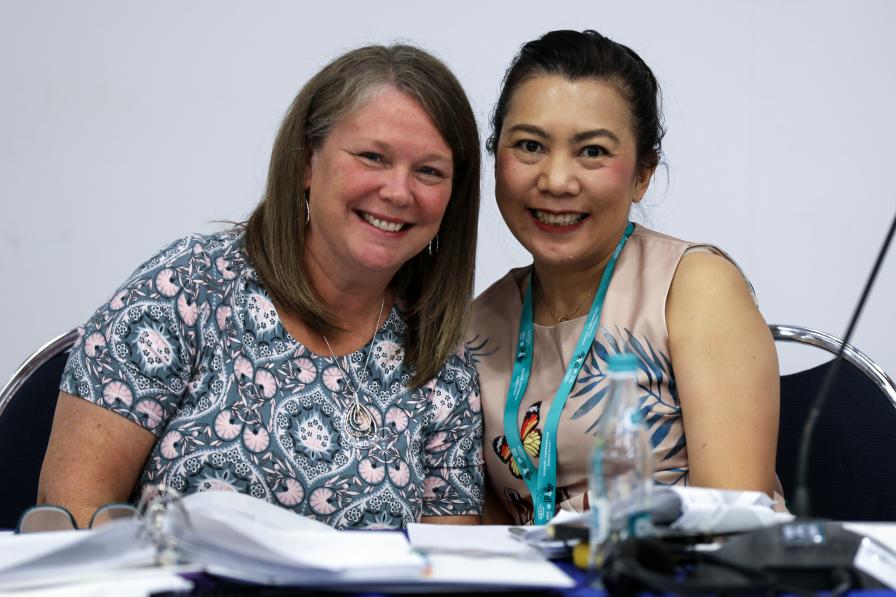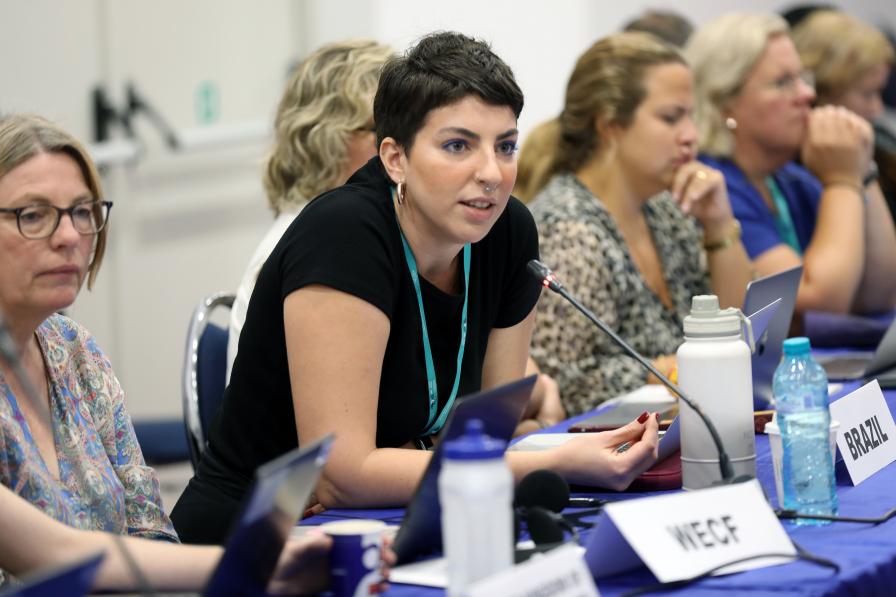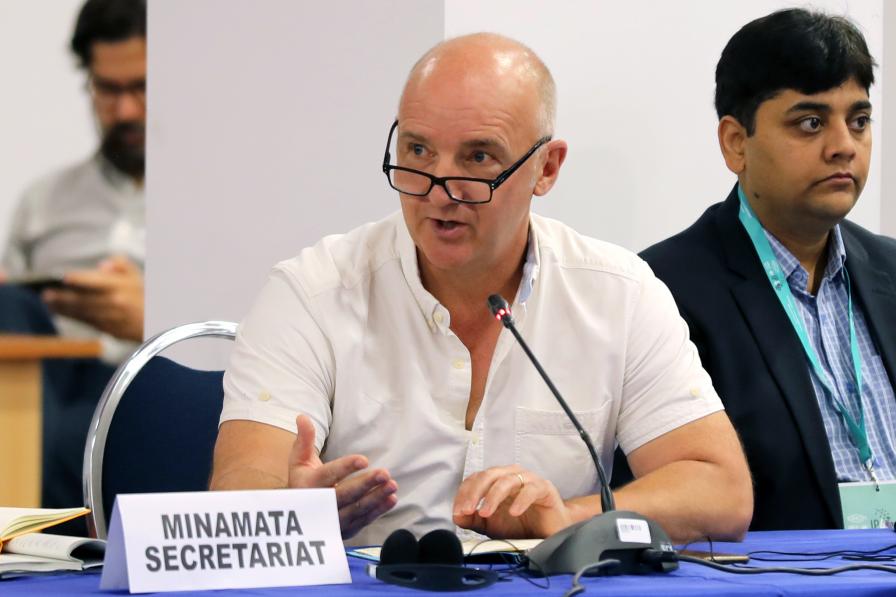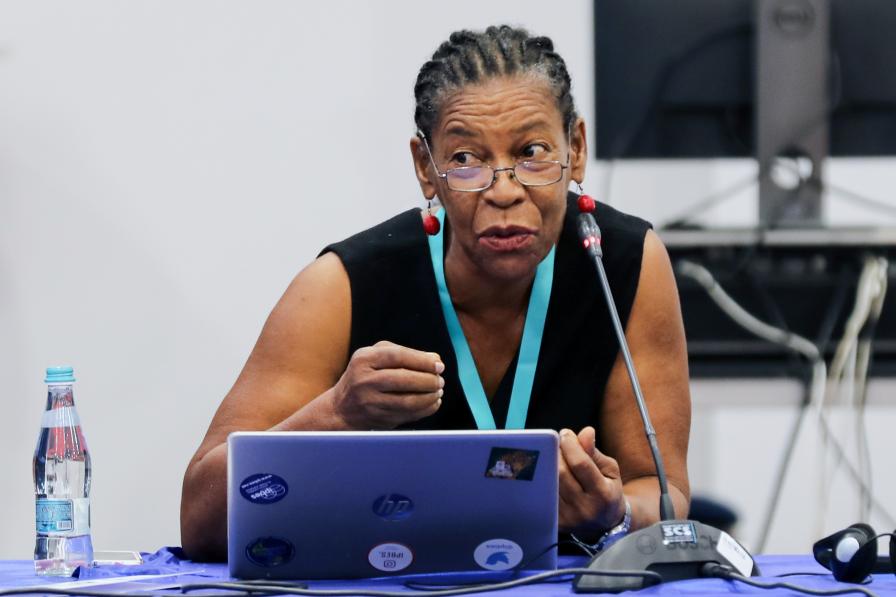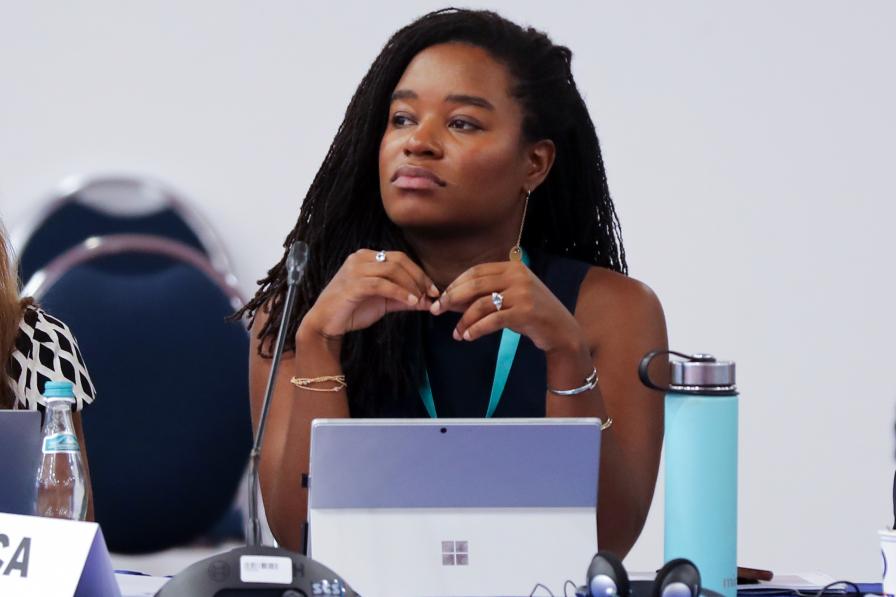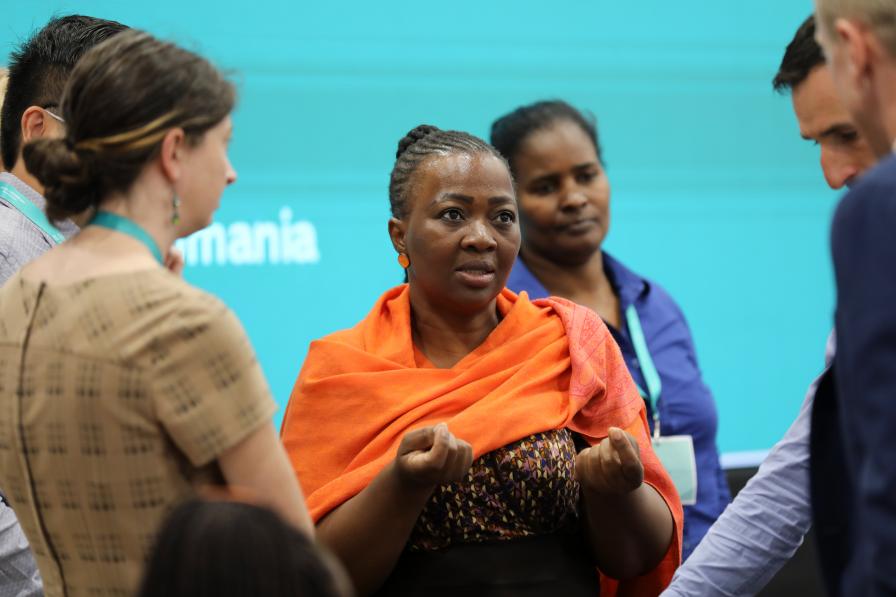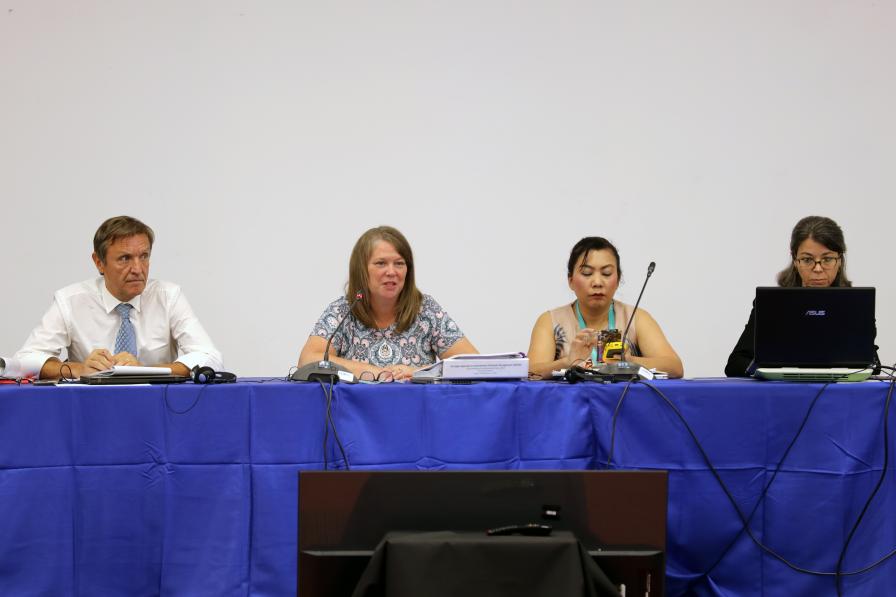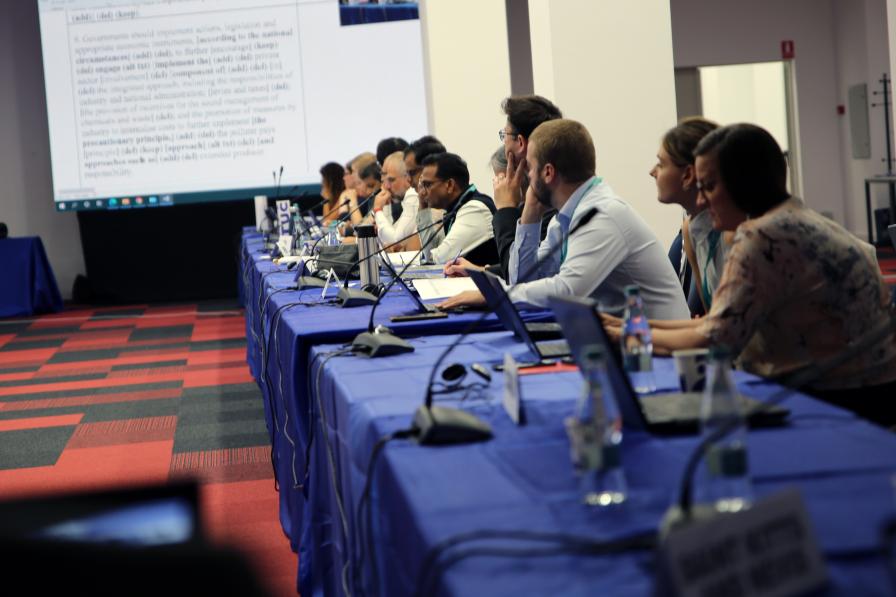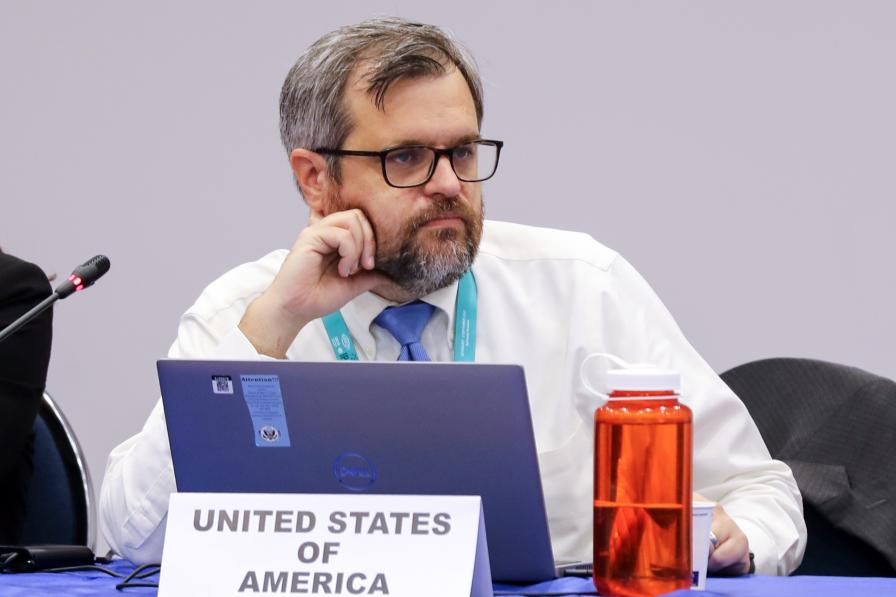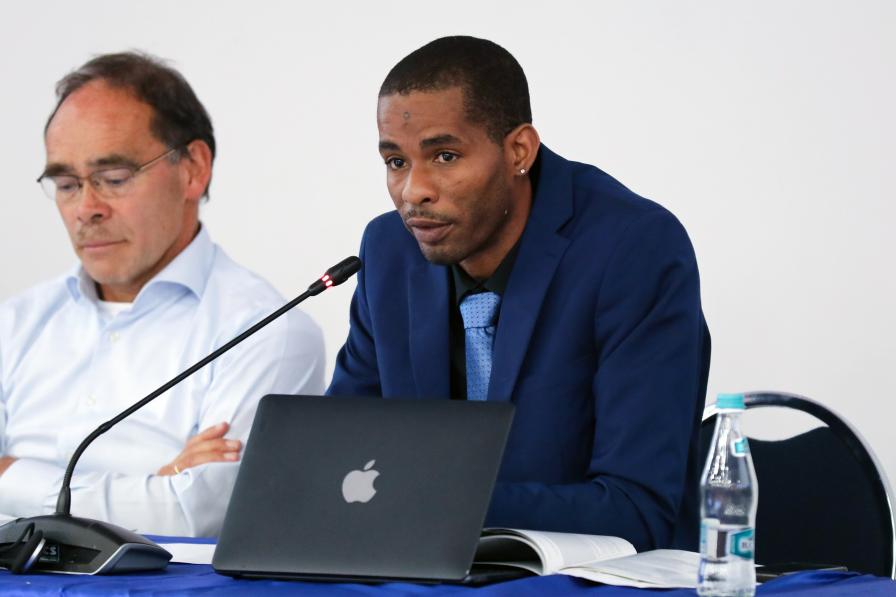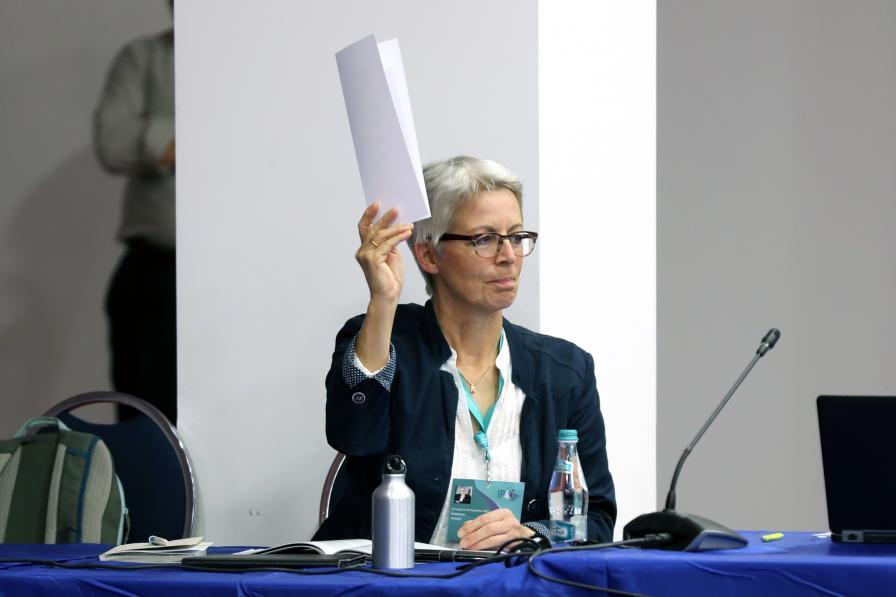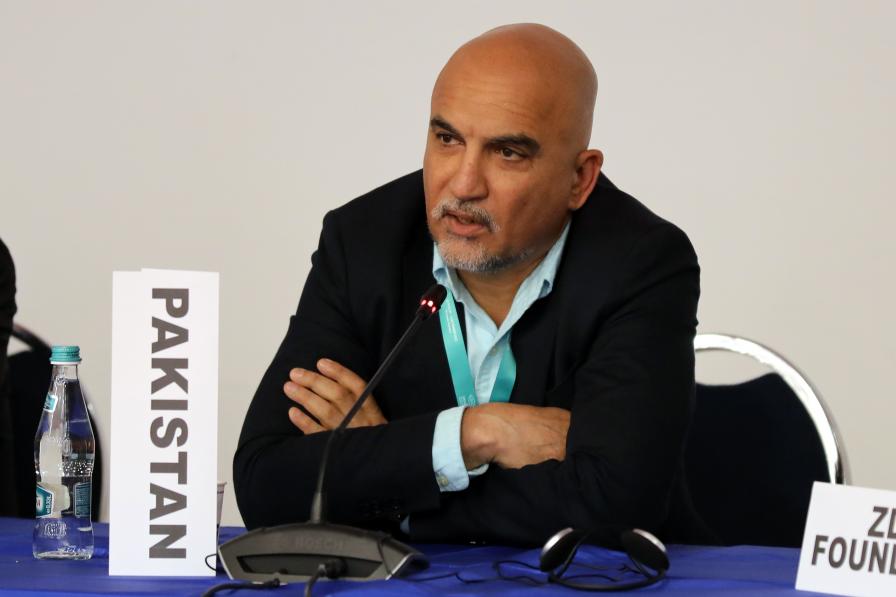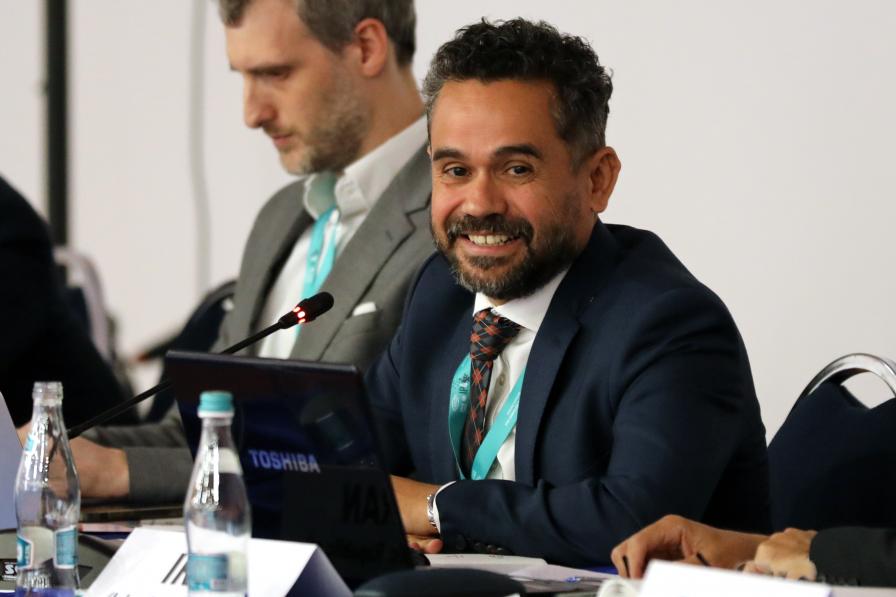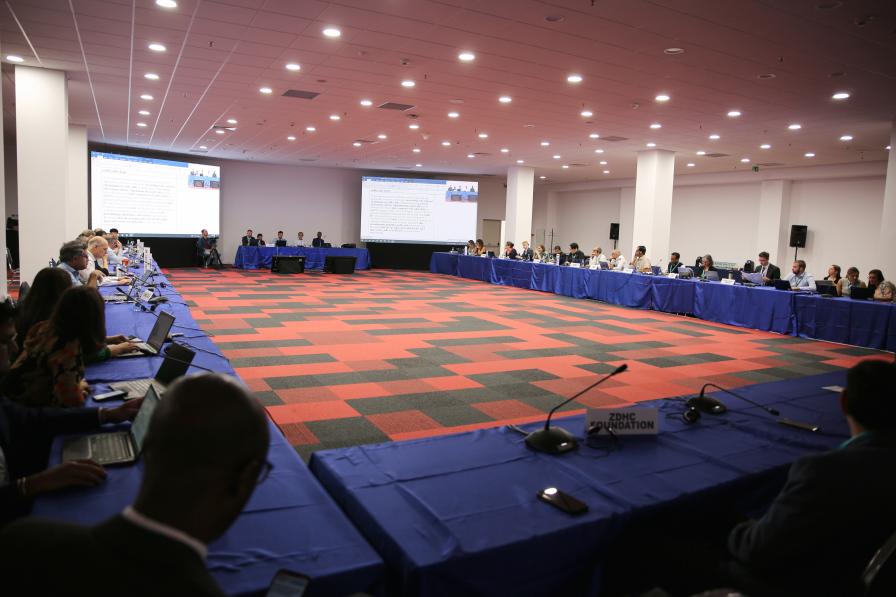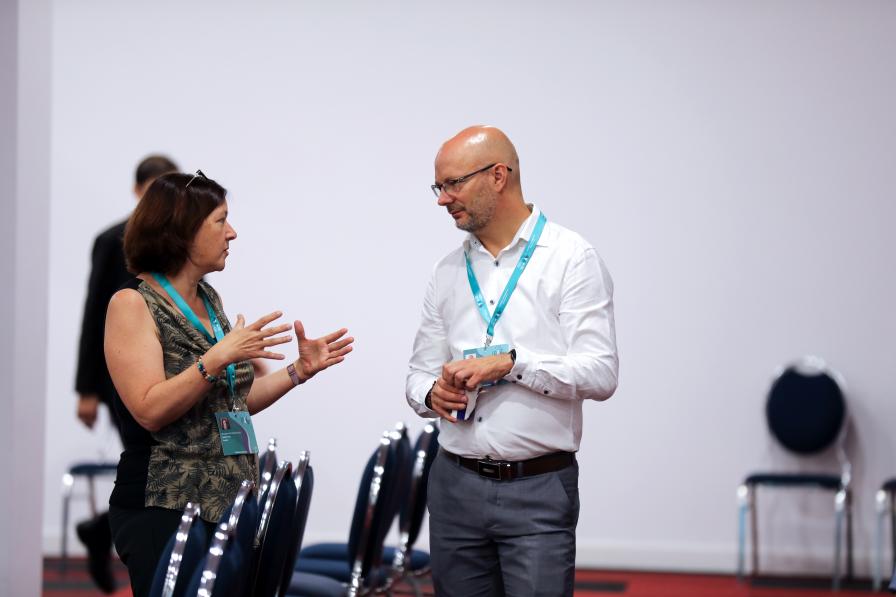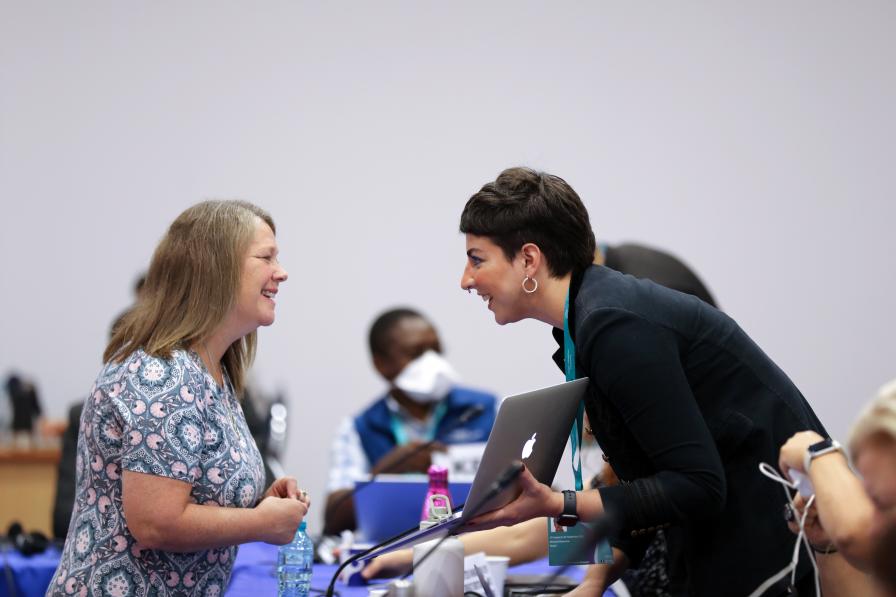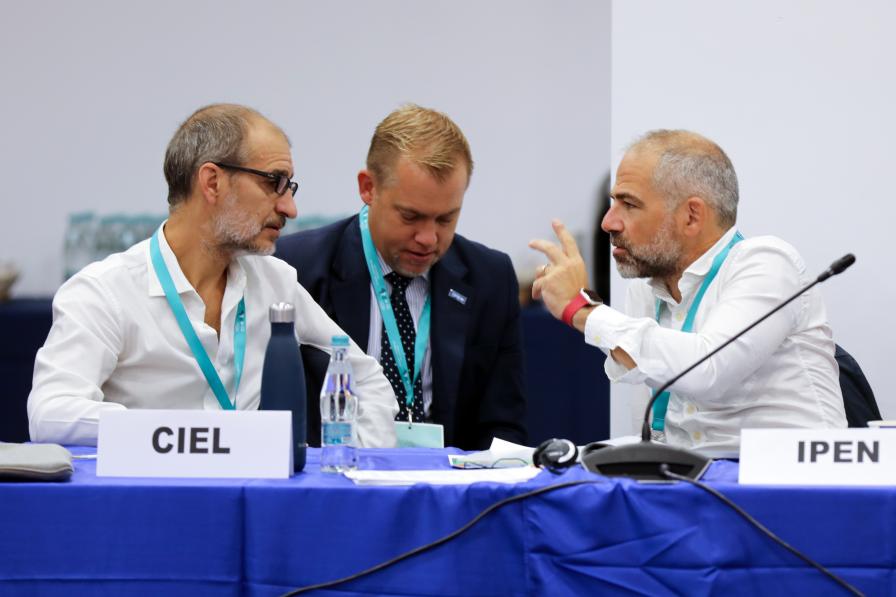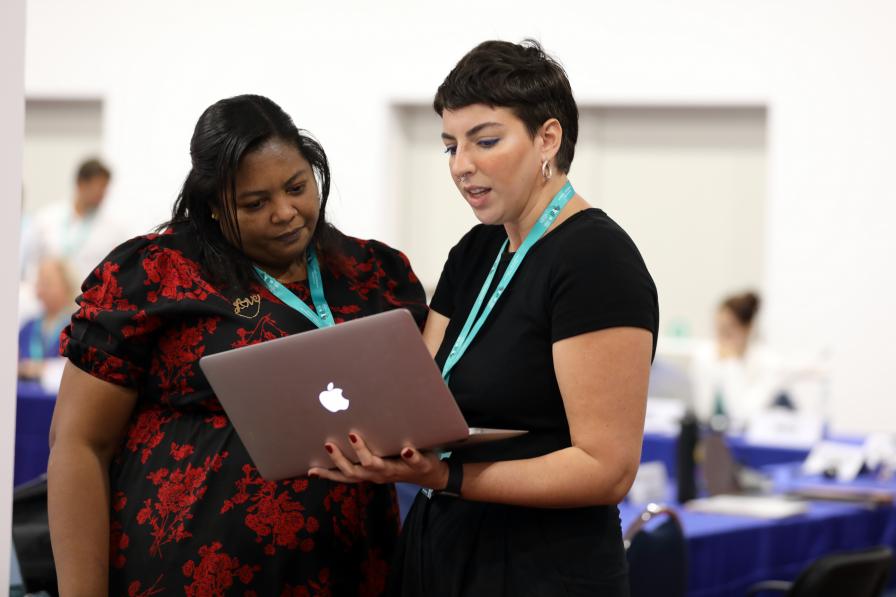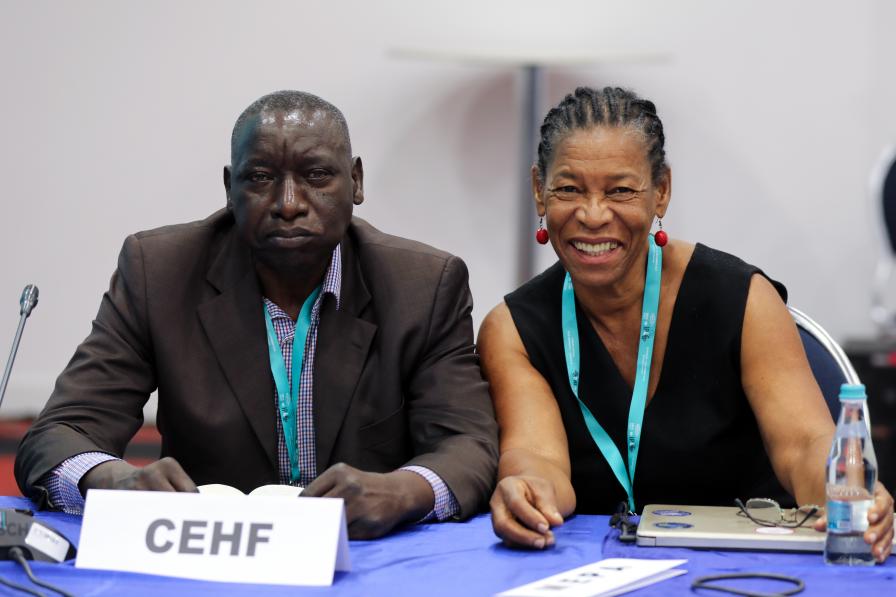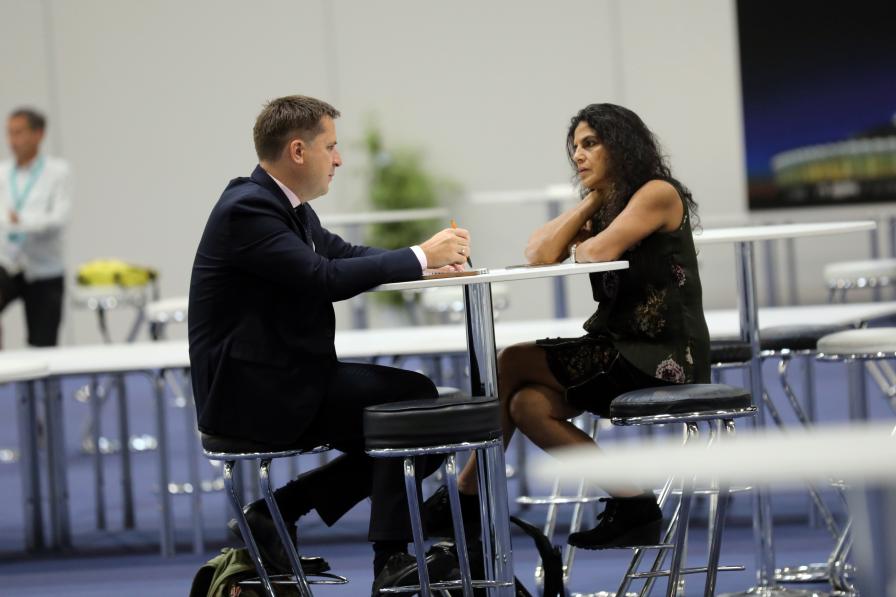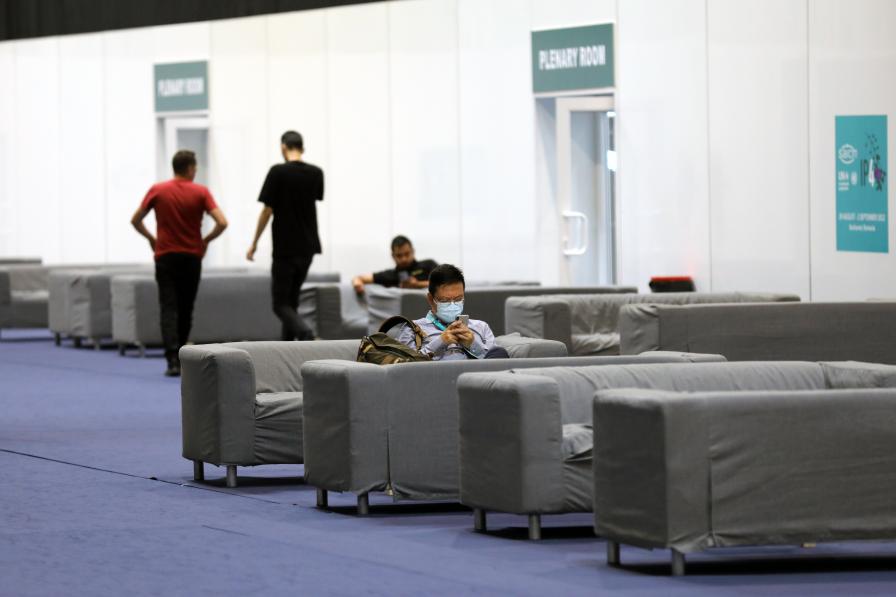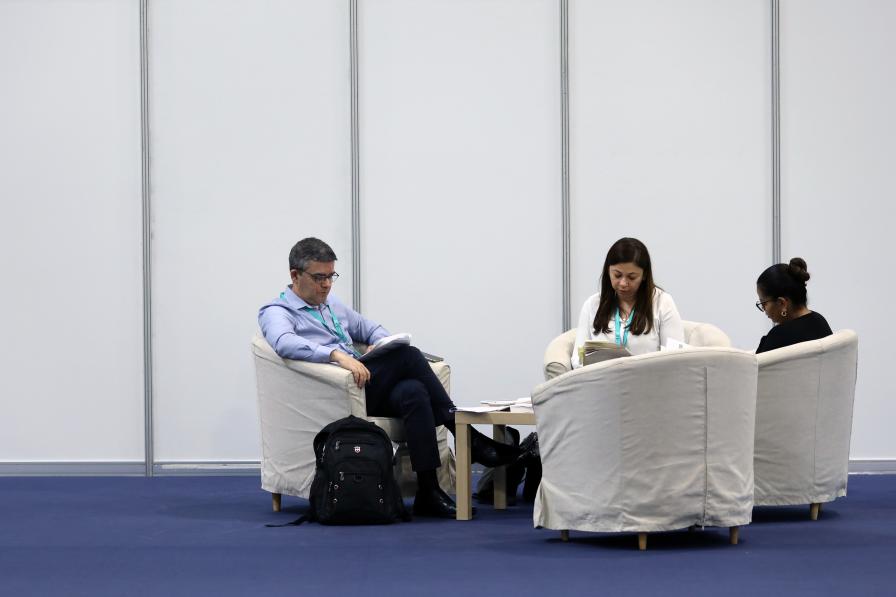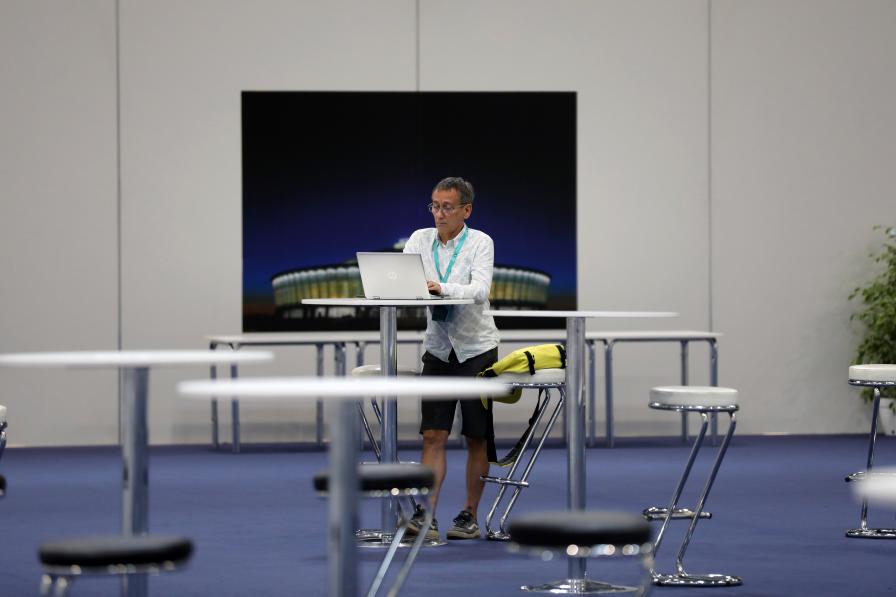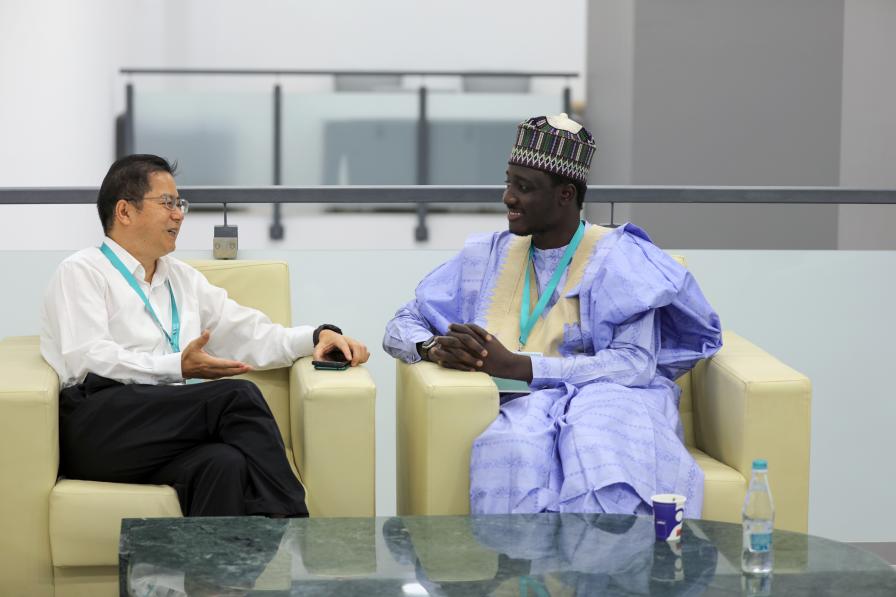On its third day, the fourth session of the Intersessional Process for Considering the Strategic Approach to International Chemicals Management (SAICM) and the Sound Management of Chemicals and Waste Beyond 2020 (IP4) focused on:
- targets for the post-2020 instrument;
- national focal points;
- national implementation plans;
- how the instrument should deal with issues of concern;
- private sector involvement in financing chemicals and waste management; and
- the relationship between the instrument and the science-policy panel for chemicals and waste (SPP) mandated by the fifth session of the UN Environment Assembly (UNEA5).
Delegates considered targets in the compilation of draft recommendations for a new instrument as well as new proposals for targets. They agreed to replace the long list of targets with a more limited set of priority targets, grouped under specific strategic objectives. Discussion centered around which targets to keep, which newly proposed targets to include, and which targets might be merged together.
In discussing national mechanisms to support implementation of a post-2020 instrument, a paragraph calling on governments to establish national focal points was agreed, while a proposed set of guidelines for them was to be reviewed in an informal group meeting on Wednesday evening. A civil society organization suggested adding text on governments creating national implementation plans in consultation with other stakeholders. This idea was widely supported. There was also broad support from governments for national plans to optionally support reporting on strategic objectives and targets.
On issues of concern, discussions focused on types of information that must be submitted to support nomination of an issue to be addressed by the post-2020 instrument. A regional group suggested asking that such nominations include a workplan where possible, as it allows submissions to be actionable with less delay. Delegates could not agree, however, on who should prepare workplans.
Regarding private sector involvement in financing chemicals and waste management, discussion focused on whether the instrument should list the types of actions governments should take in pursuing this. The African Group presented their proposal for a globally coordinated fee of 0.05% on the sales of feedstock chemicals, with revenues earmarked for a standalone international fund for the sound management of chemicals and waste in developing countries. Delegates also discussed what the role of the financial sector should be in promoting chemicals and waste management.
After a presentation by UNEP on the UNEA 5 Resolution establishing a new SPP on chemicals and waste, delegates considered a proposal for text on the possible relationship of the post-2020 instrument’s governing body, the Conference, with the future SPP. Delegates discussed how the Conference might use SPP work products, and whether the Conference should request or invite the SPP to do specific assessments.
A plenary was held at the end of the afternoon to hear reports from the three thematic groups on their progress in deliberating the recommendations for the post-2020 instrument to the Fifth International Conference on Chemicals Management (ICCM5) scheduled for September 2023. All three groups were instructed to continue working Wednesday evening and throughout Thursday, with the aim of wrapping up work on the text by the time plenary reconvenes late Thursday.
All ENB photos are free to use with attribution. For the 4th Meeting of the Intersessional Process for Considering SAICM and the Sound Management of Chemicals and Waste Beyond 2020, please use: Photo by IISD/ENB | Mike Muzurakis
To receive free coverage of global environmental events delivered to your inbox, subscribe to the ENB Update newsletter.
